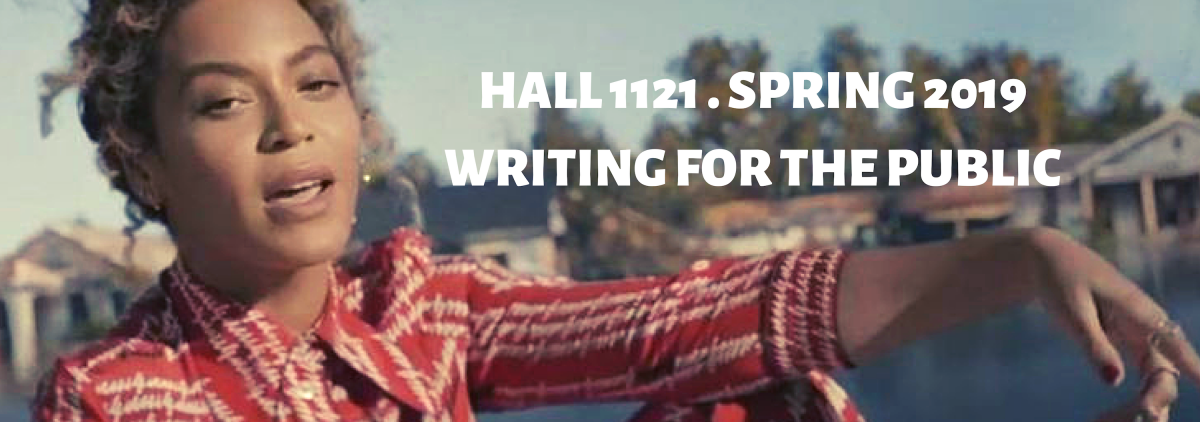Ife Ajayi
Prof. Hall
Eng 1121
6 February 2019
I’m sitting alone at the dining table when all of a sudden I hear footsteps approaching my way. Both my parents walk in with familiar disappointed looks on their faces. Looks they would usually have when I would get in trouble with a teacher or come home with unacceptable grades. So I knew exactly why they looked that way and why they came. They wanted to know the specific reasons why I made the choices I did. More specifically, why I kept on making those choices over and over again. My parents have had several talks with me about education and how important it is to have one. They would go on and on about how education is required for a successful future. And how miserable life would be without one. Sometimes in the middle of those discussions I would think about all the people that are successful who didn’t go to college. I never brought this up to my parents though because I knew exactly what they would say. They would tell me that I don’t have to be like them and I’m better off going to college. It’s not that I wanted to be like those people, it’s just that they shouldn’t be looked down upon just because college wasn’t for them. Especially if they aren’t on the streets begging but instead doing something productive with their lives.
When the question of why I kept making bad decisions in school came up I completely froze. I had no idea of what to say. All I could see were my parents staring me straight in the face waiting for answers. The longer I took the more impatient they got. My dad then said, “I’m waiting for an answer.” I was very nervous and began to shake because of fear of being a disappointment to the family. But when I would make the choices to cut class, talk while the teacher was talking, not do any homework, not study for any exams I didn’t think that. I basically would just go to school and come back home without learning anything. It felt like a never ending cycle. I just wasn’t interested in school at that time. I didn’t have the guts to tell my parents any of that though because I know how they are. “Can you open your mouth and talk,” said my mother. “Hurry up, you’re wasting time,” then followed my dad. At this point I just decided to tell them what I thought would be a good enough excuse. “My teachers don’t know how to do their jobs, they can barely even teach because of how disruptive the students are,” I said. “Aren’t you one of those disruptive students?” asked my dad. The room went silent after that rhetorical question was asked.
My father began talking about how I shouldn’t be giving him any excuses and that I should just own up to my bad behavior. My mother shook her head and walked away in disappointment. I felt really bad because I hated seeing that look on her face. It made me feel like I was letting her down and in all honesty I really was. I wasn’t putting in any effort to become a better student. My mother would always tell me that I had the potential to be one of the best students. My father would also tell me the same thing and it’s not that I didn’t believe them I was just very lazy with my education in high school. After hours of talking and me almost dozing off every once in awhile my father finally asked me if there was anything I had to say for myself. I said no but that wasn’t a good enough answer for him, it never was. I told him that I would do better in my academics and not hang with the wrong crowd. “You can and you will,” he said. He then got up and walked away. I continued sitting in the same spot just daydreaming and thinking about what to do with myself.



